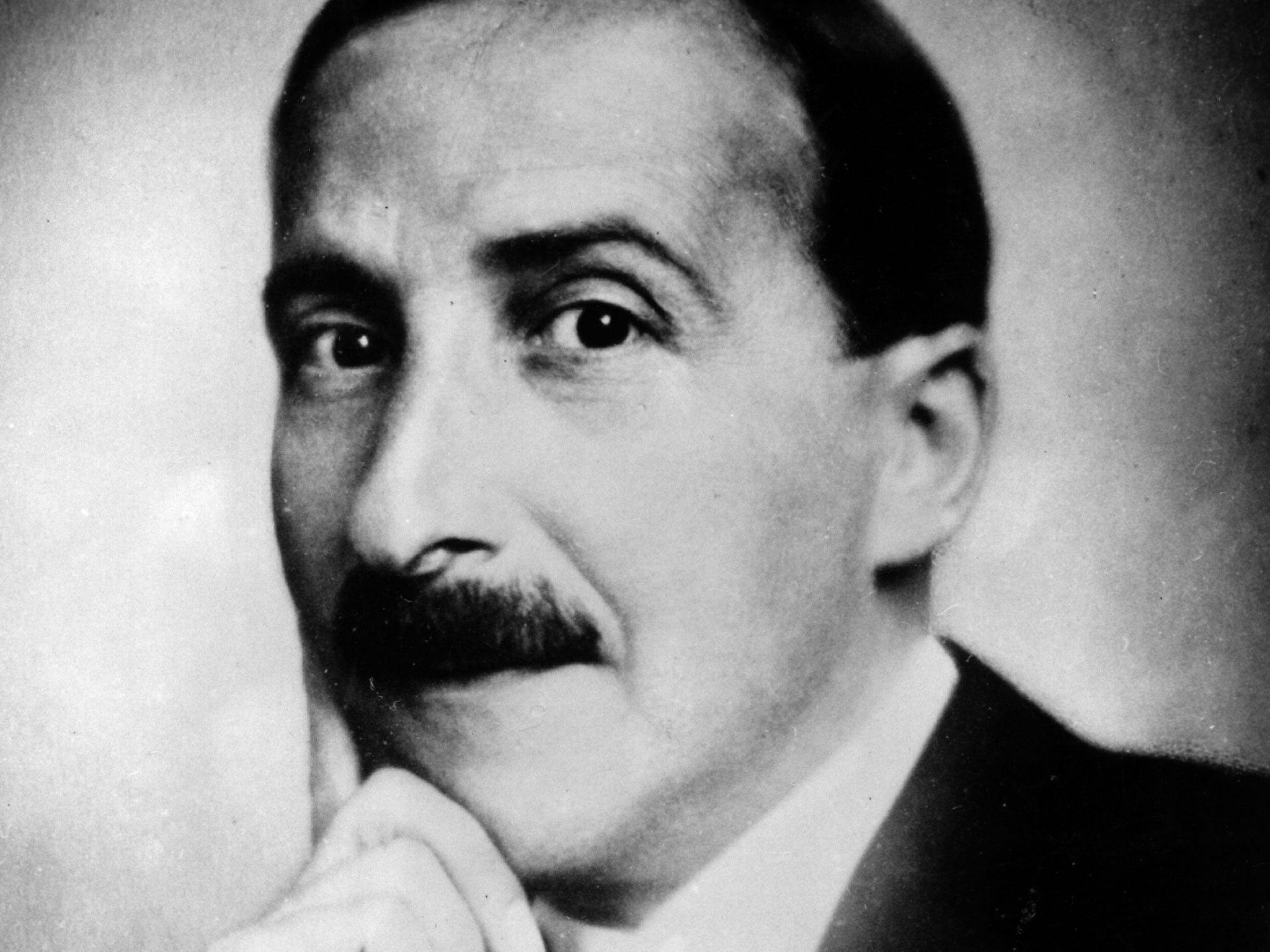Marie Antoinette: The Portrait of an Average Woman by Stefan Zweig, book of a lifetime
Stefan Zweig's book has stayed with Andrea Wulf almost as if encapsulated in a bubble

We Germans have a compound noun for almost everything and I shall use one as an excuse for not being able to settle on a single defining book of a lifetime. Instead I've picked one for a Lebensabschnitt – "a stage or period in one's life". I have books in my head and heart for every Lebensabschnitt. Those books are the opposite of being "timeless" because they are deeply rooted in a particular period or linked to a certain age. Some are cringingly embarrassing because they are so pompously pretentious, but that is what I consumed as a teenager.
Stefan Zweig's Marie Antoinette: The Portrait of an Average Woman is not like that. It has stayed with me almost as if encapsulated in a bubble. I don't dare open its pages ever again, in case the book is different to what I remember – which makes describing it somehow difficult. What I do know is that I devoured it when I was 16 or 17 and that it planted a seed that has grown ever since. I doubt that I would have become a historian without this book because I had a string of absolutely terrible history teachers in Germany who made me hate the subject with a passion. I thought history was a boring roll call of dates, battles and dead men until I read Zweig's Marie Antoinette.
Here was a portrait of a woman infused with thoughts, feelings and psychological insights. I can't recall many details but I do remember that I was amazed how he conjured up a woman that was flawed, vulnerable and utterly human.
Zweig's Marie Antoinette is just an ordinary woman (as in the subtitle) – albeit one born as an Austrian princess and destined to be the wife of the French king. You travel with her from Austria to France, you walk with her through the corridors of Versailles and listen to the opera. You smell food, hear music and later feel the horror of death. She was neither evil nor particularly good – just ordinary. Today I would probably dislike Zweig's overtly psychoanalytical interpretation but at the time it was a revelation.
Though it's "only" a historical novel, it opened the door to the past for me – and led me into a world that was populated with human beings that loved, cried, hated and were frivolous. If I had to pick a single moment in my life that made me fall in love with history, it was reading this book.
Andrea Wulf was longlisted for the 2015 Samuel Johnson Prize for her latest book, 'The Invention of Nature: The Adventures of Alexander von Humboldt, the Lost Hero of Science' (John Murray, £25)
Subscribe to Independent Premium to bookmark this article
Want to bookmark your favourite articles and stories to read or reference later? Start your Independent Premium subscription today.

Join our commenting forum
Join thought-provoking conversations, follow other Independent readers and see their replies